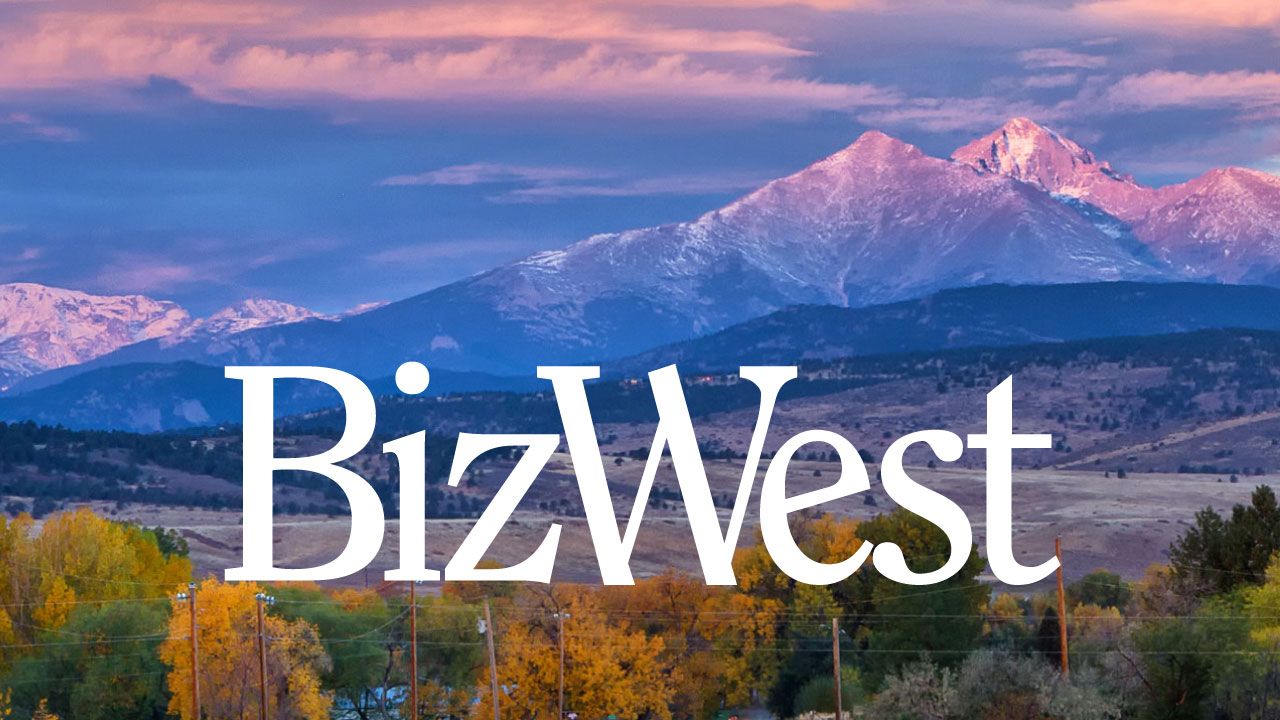Estes assessing its losses, treading carefully toward reopening
About this series: BizWest is investigating the effect of the COVID-19 pandemic and resulting economic stress on municipal, county and state governments, including furloughs, layoffs and budgetary deficits. Articles will be published daily on various jurisdictions.
ESTES PARK — The tourism-dependent mountain village at the eastern gateway to Rocky Mountain National Park was virtually shut down in March when access to the park was closed and the town ordered overnight accommodations — hotels, motels, bed and breakfasts and rental vacation homes — to be closed.
“We don’t anticipate any more restrictions on retail than are recommended by the county and the state,” said outgoing Mayor Todd Jirsa. Once the reopening process begins, he said, “we may still have some restrictions on hotels and motels going forward. It probably won’t be a full closure, but it may be a percent of rooms, something along those lines, trying to maintain 6-foot social distancing, and groups of 10 or more, that kind of thing. That will remain even if the stay-home restrictions are lifted.”
Once reopening occurs, officials say, it will take some time for the village to recover.
Adam Shake, president and chief executive of the Estes Park Economic Development Corp., said the 140 businesses that responded to an EDC survey reported that they had laid off 500 workers and a $1.7 million loss of projected revenue as of two weeks ago.
The EDC is now contacting about 220 businesses, Shake said, “asking questions like, ‘What is your anticipated lost revenue from March 1 to the end of May? How many W-2 employees did you have at the beginning of March and how many have you laid off?’ We’re still collecting that information, and when we’re done — we hope to be done by a week from now — we are planning on sharing that information with the town of Estes Park so it can have a better idea of the current loss from a revenue standpoint within the Estes Valley as well as being able to tell us where we need to focus our time, money and manpower as we move forward.”
The EDC is helping local businesses through the process of seeking aid through the federal Small Business Administration. Since the shutdown, he said, he has fielded more than 300 telephone calls and 1,600 emails, nine out of 10 of which were inquiring about grants or loans.
The town itself has yet to lay off or furlough any employees, said spokesman Kate Rusch. So far, she said, it “has only enacted a temporary hiring freeze for vacant positions and seasonal positions. We have also canceled several special events.”
Jirsa said the impact the town will feel from lost sales-tax revenue remains a bit hard to calculate.
“That’s a difficult situation because we are a statutory town; our sales tax revenue comes in 45 days after it’s been collected,” Jirsa said. “So that makes it tough because we don’t actually know. We’re not home-rule, where the tax gets sent directly to the town or city. A check comes to us from the state.
“My guess is somewhere down in the 40, 50 percent reduction in our expectations — through the stay-at-home order for sure. We do have a budget amendment coming through,” Jirsa said. “Then we’ll see how quickly we rebound in June and July.”
The town’s staff has prepared that amendment to be presented to the Town Board at its virtual meeting next Tuesday, Rusch said. “Our discussion with the Town Board will include staff’s revenue forecast and assumptions used, and proposed expense reductions in operations, particularly for the general-fund departments. Our goal will be to adapt the budget to the situation as it begins to resolve — scaling service levels back up or down, as needed.”
The national park, which drew more than 4.6 million visitors last year, closed in March after superintendent Darla Sidles contacted the town, which asked the federal Department of the Interior to authorize the shutdown. “Theoretically,” Shake said, “the town could go back and request the Department of the Interior to reopen it, but it’s still their decision, and the town has not done that.”
About this series: BizWest is investigating the effect of the COVID-19 pandemic and resulting economic stress on municipal, county and state governments, including furloughs, layoffs and budgetary deficits. Articles will be published daily on various jurisdictions.
ESTES PARK — The tourism-dependent mountain village at the eastern gateway to Rocky Mountain National Park was virtually shut down in March when access to the park was closed and the town ordered overnight accommodations — hotels, motels, bed and breakfasts and rental vacation homes — to be closed.
“We don’t anticipate any more restrictions on retail than are recommended…




